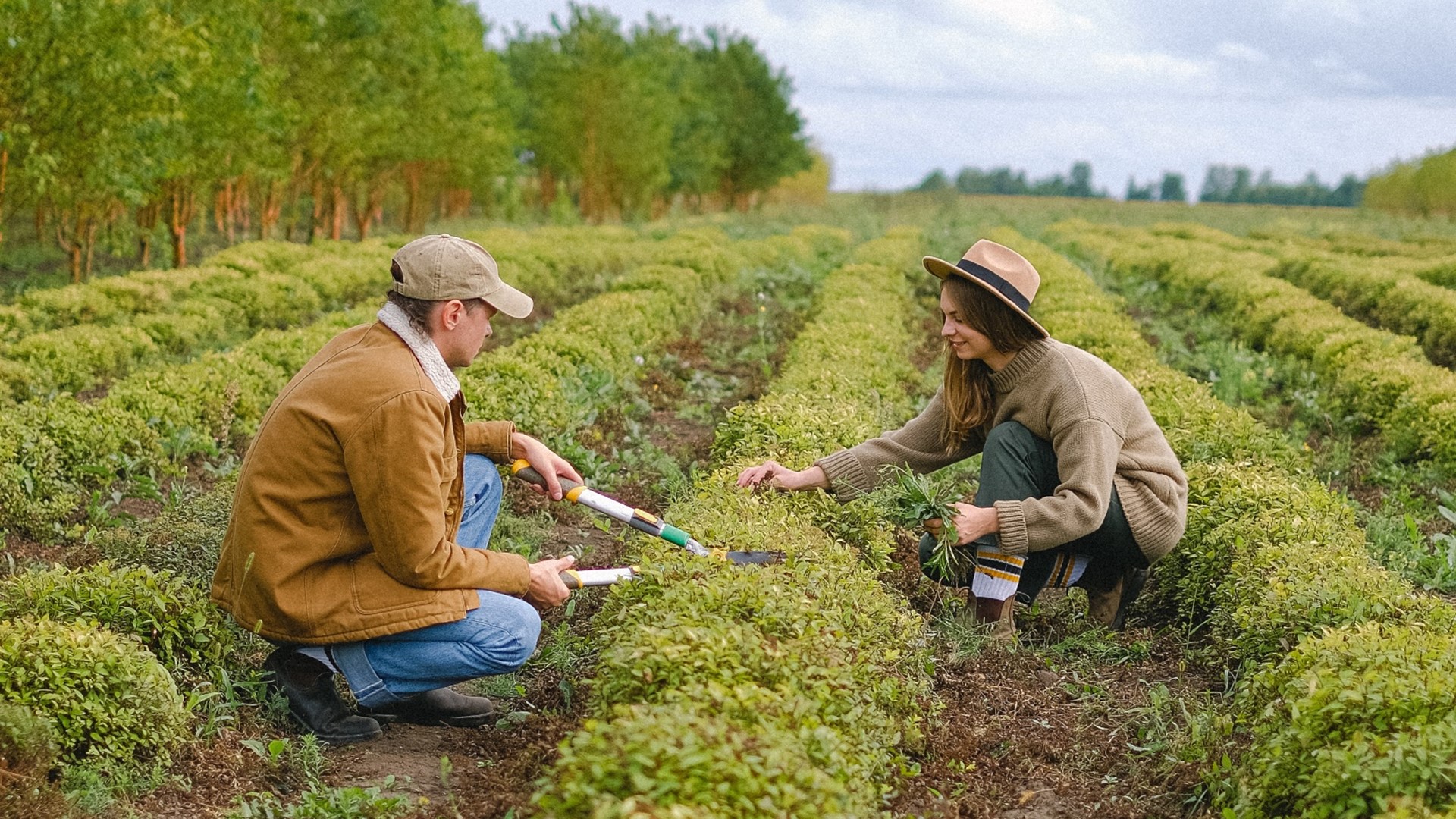
The Bachelor of Science in Agriculture (BSA) program aims to educate students in the scientific habit of thought, develop entrepreneurial skills and prepare them to become professionals with entry level competencies in technical agriculture. The major fields of specialization that students can choose from include Animal Science which focuses either in ruminant and non-ruminant production; Crop Science that focuses on either Agronomy, Horticulture, Organic Farming or Plant Breeding; Crop Protection where students can specialize in either Entomology, Plant Pathology or Weed Science; Soil Science; Agricultural Economics; and Agricultural Extension. After finishing their 2nd year midterm, a student can apply for a Certificate in Agricultural Science. To finish the program, the students must complete 146 units of coursework which include an apprenticeship, undergraduate thesis or major practice.
The students in BSA Major in Agricultural Economics learn the application of theories and principles of economics to optimize production resources and distribution of agricultural commodities. The student also relates its influences on various sectors through the study of food, agricultural and environmental policy. This specialization is designed to develop the student’s knowledge, skills and attitudes relating to microeconomics and macroeconomics; international trade and policies; quantitative economics; microfinance theory and practice and supply/value chain management. Specific professions/careers that graduates may go into include economic planners, economic and financial analysts, development worker, agricultural market and industry analysts, teachers and researchers.
Those students who will major in Agricultural Extension will formulate and effectively implement agricultural extension programs and services, understand and apply the concepts of agricultural productivity and sustainability as well as social transformation in the context of national, regional, and global developments. Skills in management of extension programs and services as well as technology promotion, dissemination and commercialization are also given emphasis. Students were also trained to develop competencies in identifying and analyzing problems and in generating technologies needed in the development and conservation of agriculture and food system resources, development of rural and urban communities, and to become socially-responsive and empowered individuals who could contribute to nation building. Graduates with this specialization can be an agricultural extension worker/agricultural technologist, research/extension specialist/analyst, community/rural development planning officer, information/technology service specialist, or a faculty of agricultural extension, extension education, community/rural development, social sciences and development studies.
BSA Animal Science major students will be taught on the scientific and technical knowledge in animal (beef/dairy cattle and buffalo, goat, sheep, poultry, and swine) production, animal nutrition, reproduction, genetics and breeding, slaughtering and animal product processing. Graduates may pursue a career path in animal production, processing of animal products (meat, milk, eggs, and other related products), compound feed production, manufacturing of minerals and vitamin premix as well as other additives, marketing and sales of compound feed, feed additives and supplements, animal production equipment sales and technical support, and animal research and development analyst. They may apply as farm managers, inspectors or technicians for farms, animal product-based food manufacturing, and quality assurance officer for animal product processing. They can be sales associate or brand manager of feeds or feed additives, animal health products and animal nutritionist or feed formulator, research analyst in the government and private institutions, an extension officer, teacher or professor in secondary and tertiary education institutions.
The BSA-Crop Protection major students learn important skills in proper identification of insect pest, diseases and weeds, monitoring and management of these pests. Graduates in this field may pursue career path in government agencies, multinational and national chemical companies and research companies. In addition, graduates can be a research scientists, researchers, teachers and extension workers.
Crop Science major students were taught knowledge and skills in production of grains, vegetable, fruits and other industrial crops. Theoretical building is enhanced in terms of crop improvement evaluation and techniques as well as various farming systems including organic farming and post-harvest handling. Graduates in this specialization can join different organizations under the Department of Agriculture, research institutions, or private companies that conduct Crop Science related research or crop production activities. Opportunities also await in other countries who would like to pursue technological advances in Crop Research and Production. Various state universities also accept Crop Science graduates to be part of their roster of faculty.
A student who will opt to be a Soil Science major student will learn the basic skills in soil chemical, biological, morphological and physical analysis, soil fertility evaluation and management, land and crop suitability evaluation and soil classification and land use planning and resource management. Graduates are ensured to be equipped with the necessary skills demanded by both by government and private industries. Graduates may pursue a career path in agrochemical industries, environmental conservation and protection agencies, farming and on-site consultations, research, academia, and many more. They may apply as a wetland and watershed specialist, environmental technician, soil and water quality specialist, land conservationist, research technician, marketing manager for agrochemical and other agricultural firms, crop production specialist, academician and as a research scientist.
Career Opportunities
